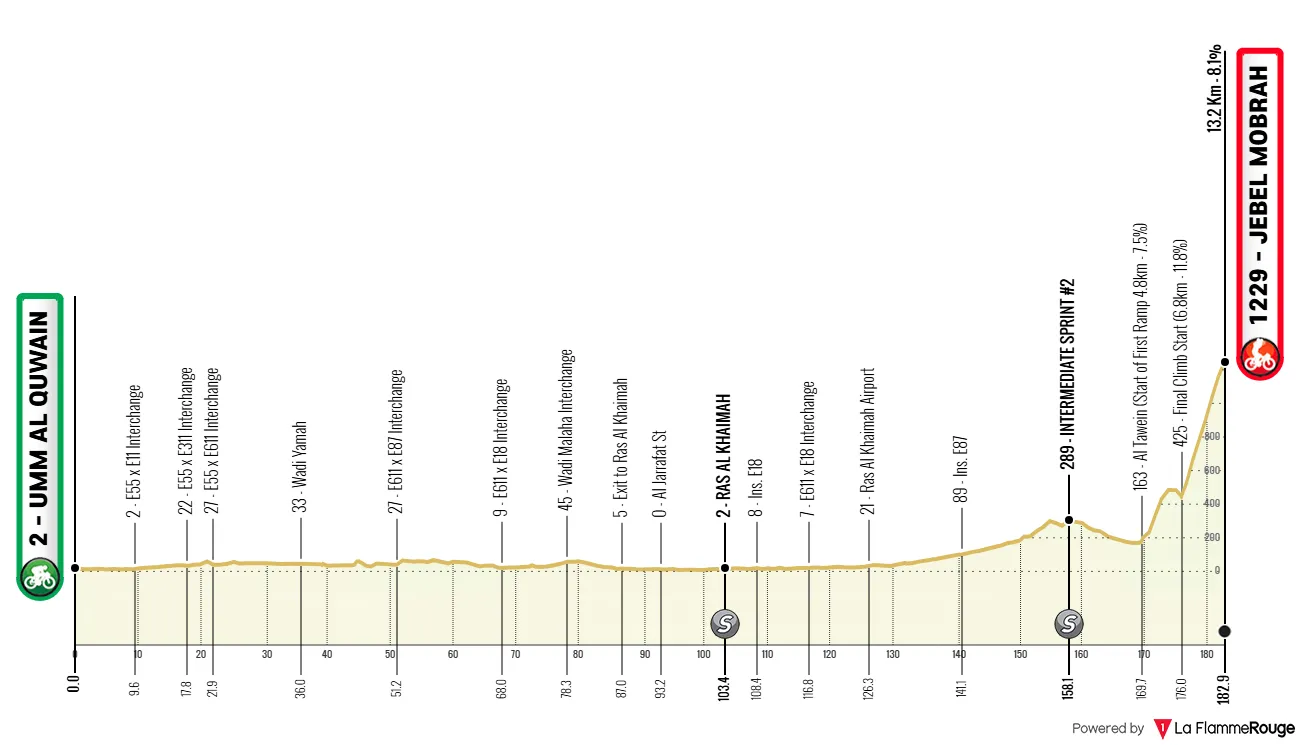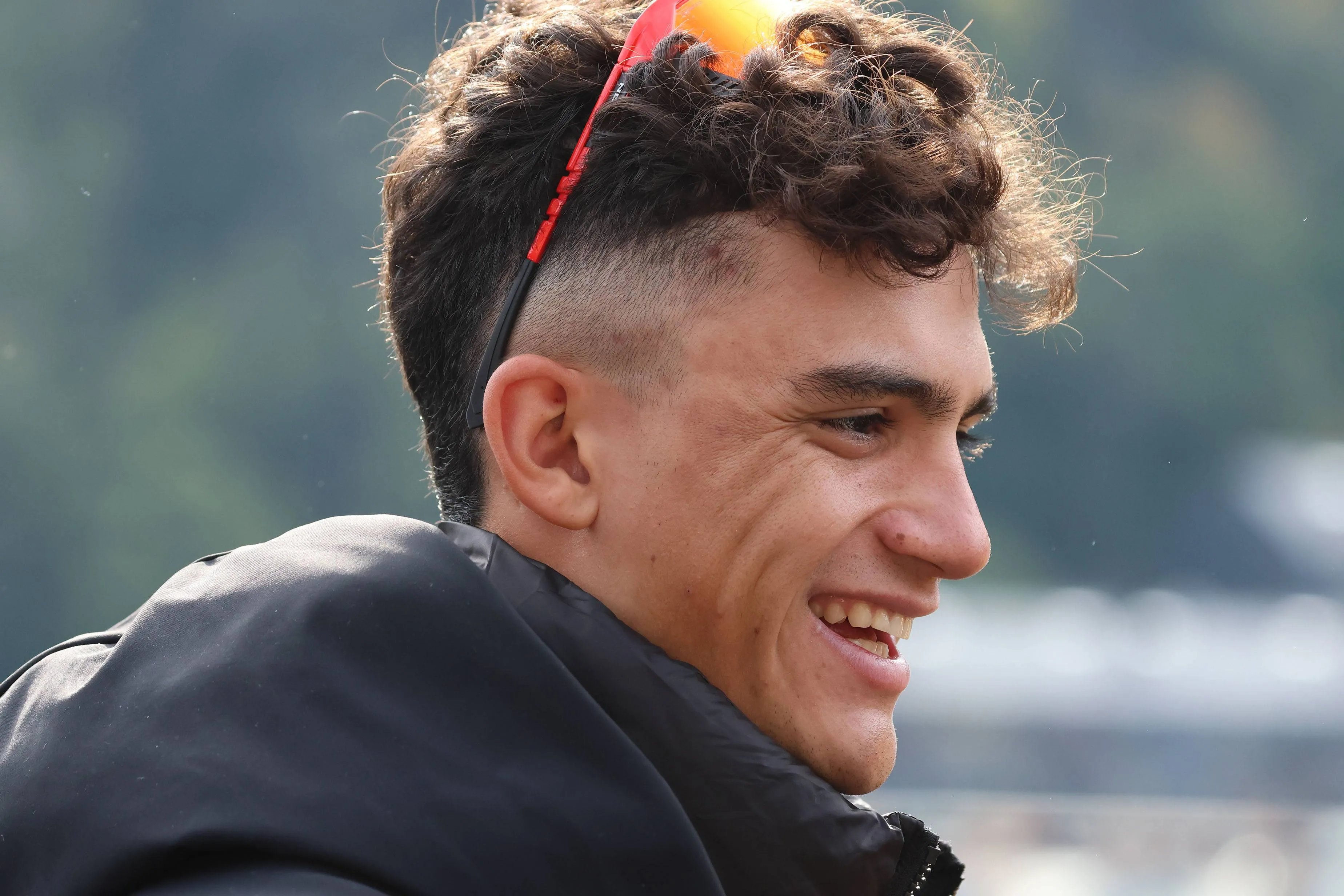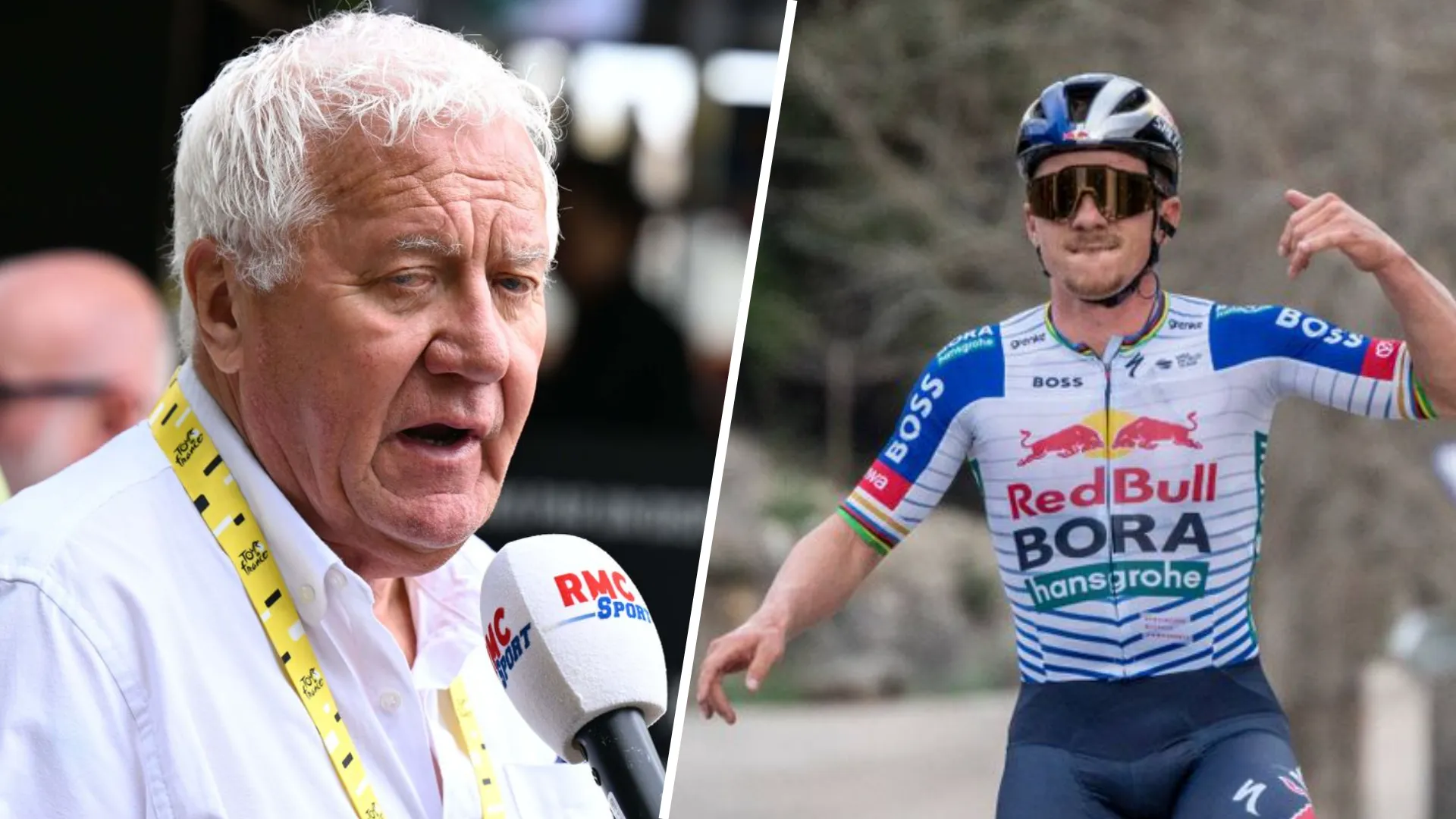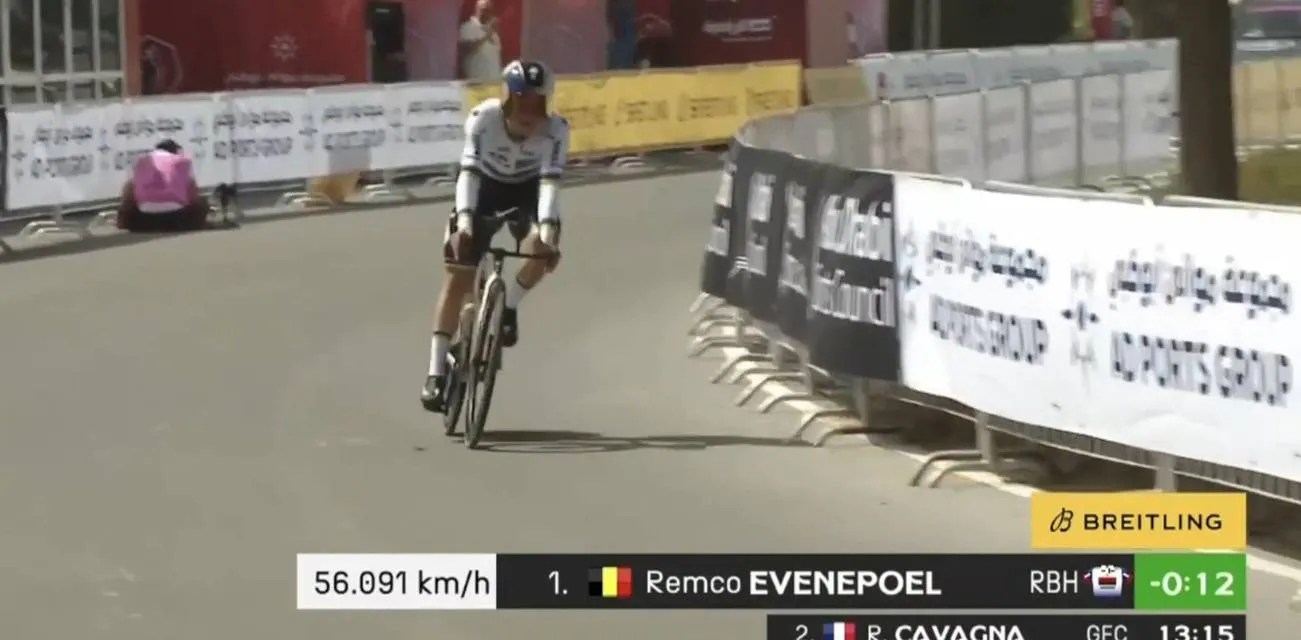Adam Hansen reacts to death of Murriel Furrer: “Radios can be useful in some cases”
CyclingMonday, 07 October 2024 at 03:00
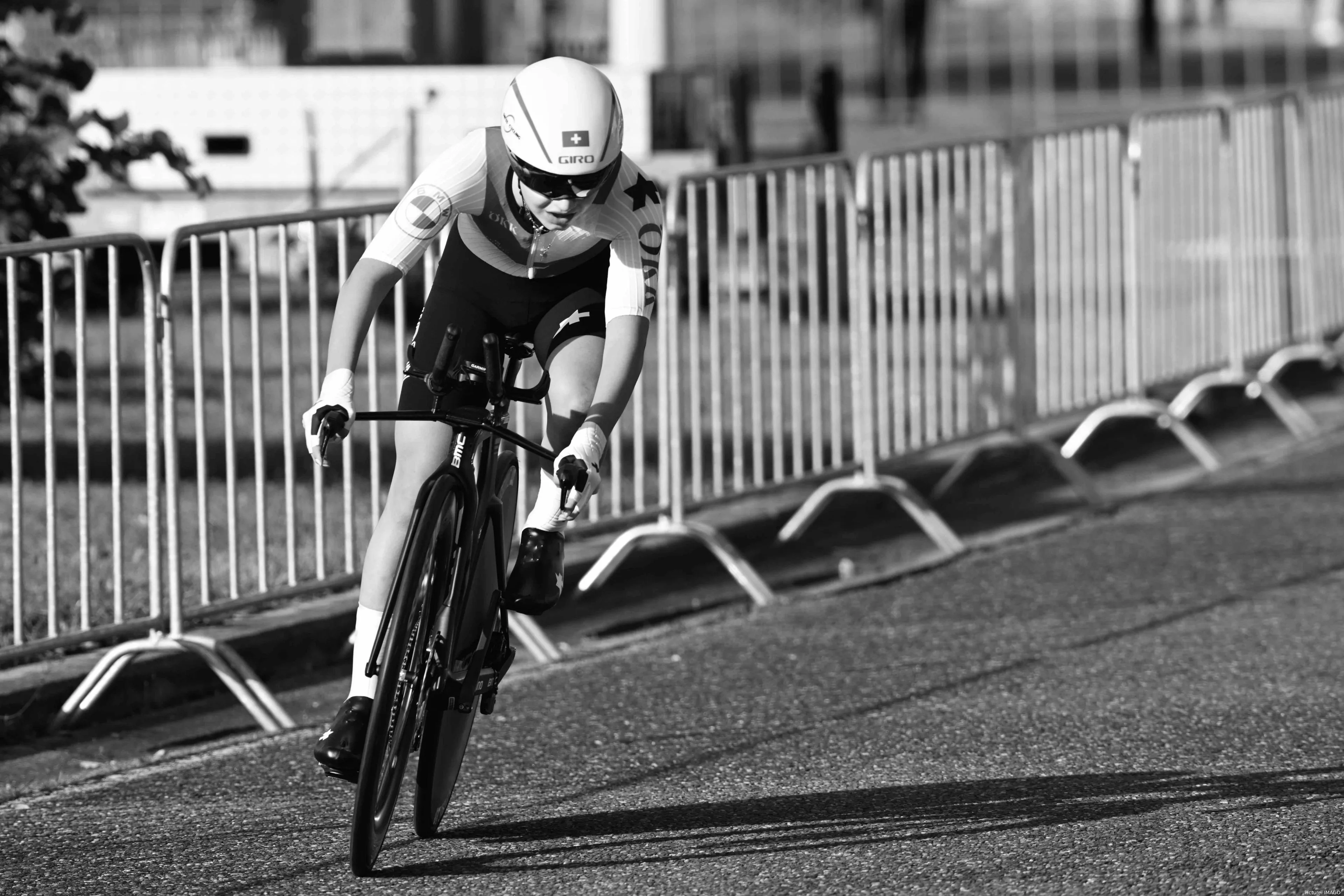
In the past 15 months, the
cycling world has tragically lost three young riders: Gino Mäder, André Drege,
and most recently, Murriel Furrer. Furrer, who was competing in the World
Junior Road Race in Zurich near her hometown, tragically passed away during the
event, sparking renewed discussion about rider safety in the sport.
CPA President Adam
Hansen voiced his concerns following the incident, as he reflected on the
alarming pattern seen in these recent deaths. Speaking to In De Leiderstrui,
Hansen noted the disturbing similarities across the incidents. “The three
recent deaths all have one thing in common: no one from the race organization
or the stewards noticed them. At the Tour de Suisse, a director found the rider
simply because he was passing by and the 'reaction time' was quite fast on that
occasion. At the Tour of Austria, another rider was found about 25 minutes
after the sweeper wagon had passed. In this case too, neither the organiser nor
the commissaires noticed that he was no longer in the race. In Zurich, as far
as I understand it, it was even worse. The race was over before they realized
that she was missing.”
Read also
Hansen expressed his shock and
heartbreak over the circumstances surrounding Furrer’s death. “I heard she was
there for over an hour. Maybe conscious, we don't know. But the race passed by
there many times and nobody saw it. The race started at 9:50, the winner
finished in two hours. It was reported that the helicopter found her at 12:52,
which is over an hour after the end of the race and even longer if you take
into account the time of the accident. It's heart breaking.”
When asked whether the
responsibility lay with the organizers, Hansen was reluctant to place direct
blame but highlighted the need for improved safety measures. “It's hard to point the finger at
them directly. In all three cases I mentioned, none of the organisers had a
rider in mind. So you either need marshals covering all the descents or a
tracking device. We can't prevent accidents, it's part of the sport. But
reaction time is crucial. In Austria it was instant death. In Zurich it was a
completely different story.”
Read also
Hansen also called attention to
the potential life-saving role radios could play in preventing further
tragedies. “Radios can be useful in some cases. And if one of these saves a
life, we have to implement it. I can't even express how many riders have asked
me for radios during races after Zurich. In big stage races, I have often been
alone during extremely fast descents. It is not a nice feeling when the radio
does not work,” he said, drawing from his own experiences as an ex-rider.
As the cycling world continues to
mourn the loss of Furrer, Hansen’s call for greater safety precautions will
likely spark further debate on how to better protect riders in the future.
claps 1visitors 1
Just in
Popular news
Latest comments
- No matter what people say - I'll watch it. And I bet all the complainers will do it too....averagecyclist18-02-2026
- Exactly what I'm thinking about it. Moreover Van Glis had a lot of time to rethink his situation but decided to stay where he was.averagecyclist18-02-2026
- Soler must be pissed at that
 leedorney18-02-2026
leedorney18-02-2026 - Completly agree, Jan was in front of van gils, following Pidcock wheel, it was Van gils who tried to force his way through Jan and the barriers. Are they blaming Jan because he belongs to the richest team that win a lot?
 maria2024202418-02-2026
maria2024202418-02-2026 - Clickbait title, not reality-based. Yawn.itsent18-02-2026
- lame, but probably correctantipodeanpedalfan18-02-2026
- Van Gils rode like wanted to get crashed or way too over confident that he was going to overtake Jan before getting pinched. It was obvious were Jan was going/had to go and MVG had the whole road to give an inch so he would have a chance to overtake on the rightjad2918-02-2026
- Double book this showing with the Melania documentary and you might get 100 people to see it...total !frieders318-02-2026
- Simple solution...stay off the barriers since you might get closed out ! Christen's sprint was legal as he was trying to get into the slipstream of Pidcock.frieders318-02-2026
- I believe Remco now understands that he will have issues reaching the top step as long as Tadej is in the Tour, whiles he's a year junior to Tadej he has had his upper body rebuilt twice now from crashes over the last few years. I think he has a chance to win the Tour in a few more seasons, you can only prepare yourself as best you can and try. He said he needs to race some more one week stage races, he should, he can probably win them all. I also believe Remco should aim for another Vuelta if he comes out of the Tour in good form and maybe he should think about the Giro again for next season. This is potentially Tadej's fifth Tour win coming up this year, no one is going to derail that unless he falls off the bike or gets really sick.awp17-02-2026
Loading
1 Comments


